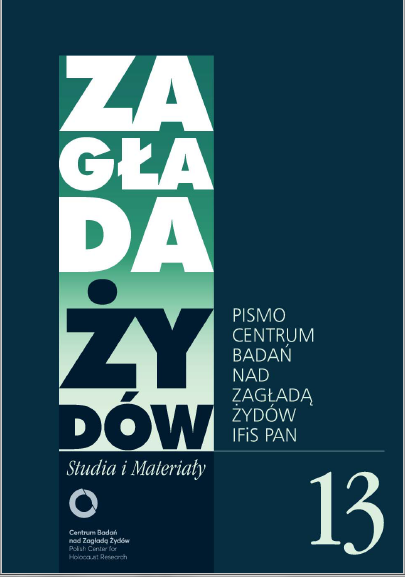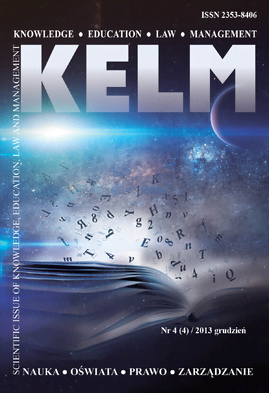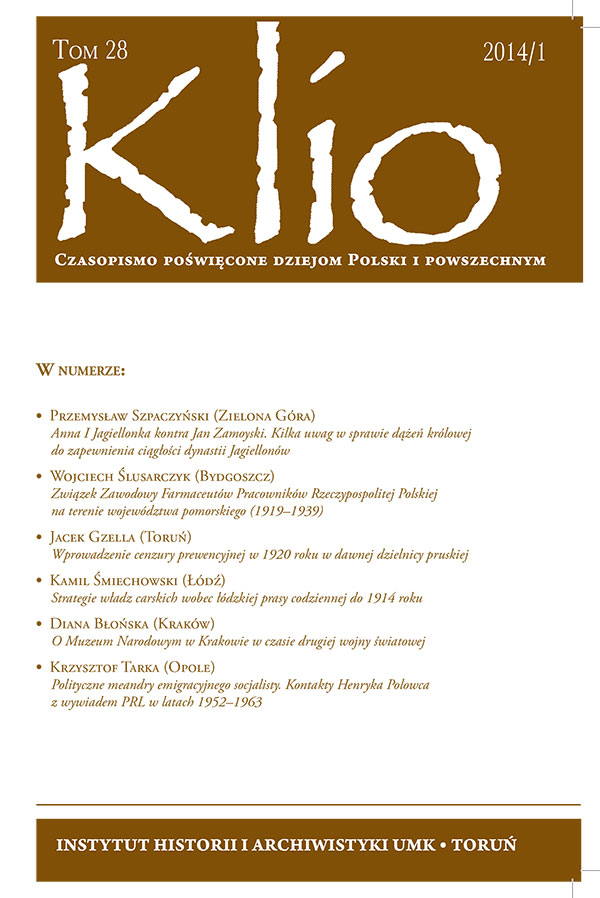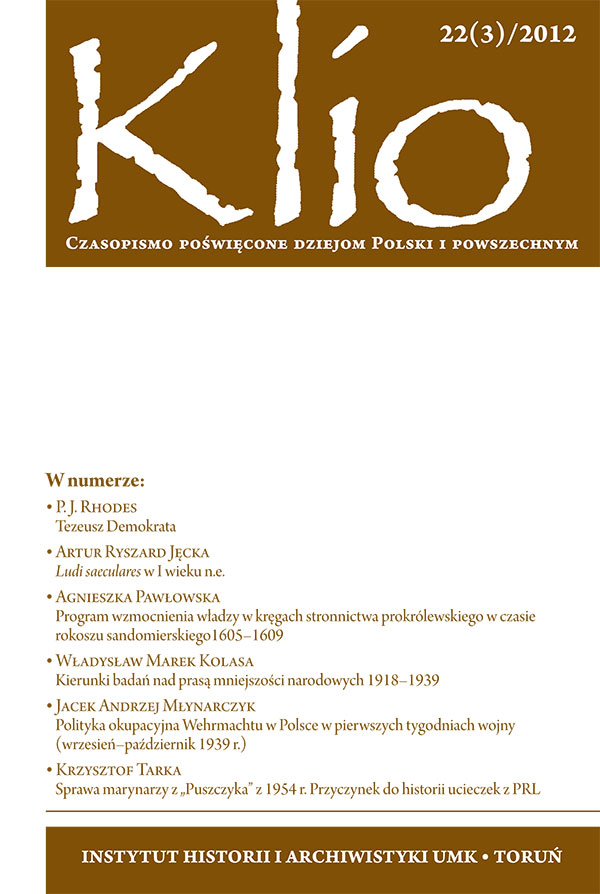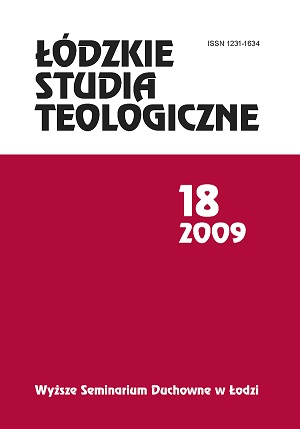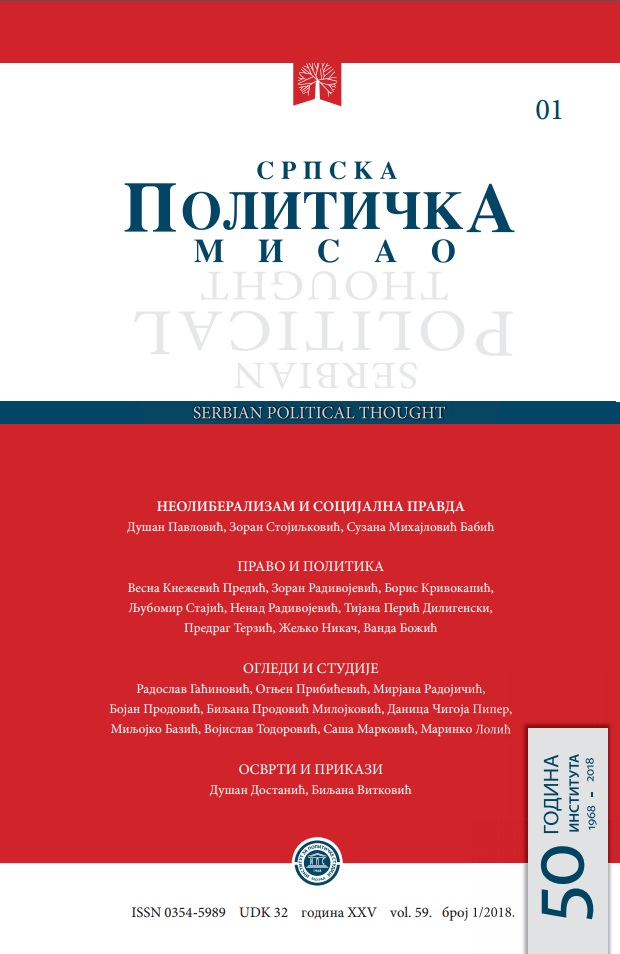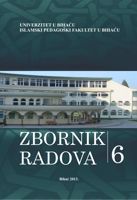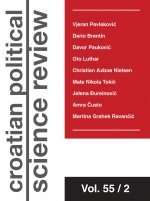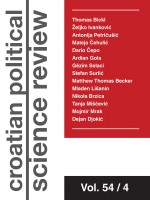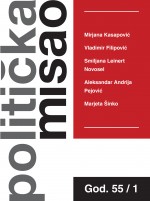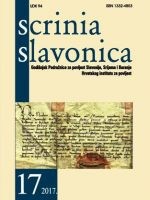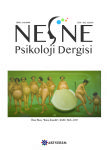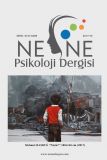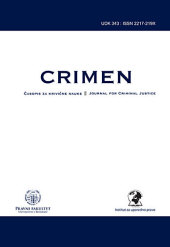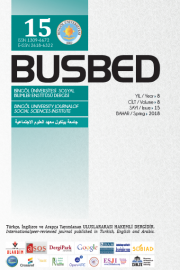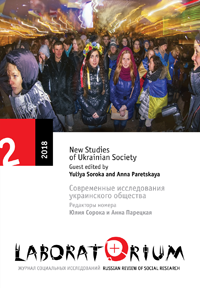Author(s): Carmen Palaghia / Language(s): English
Issue: 2/2017
The business called sexual slavery has become more violent and organized and involves a lot of abusers and victims. The means used by the traffickers for the accomplishment of the trafficking activity consists of threat, violence and other forms of constraint, fraud or deception, abuse of power, taking advantage of the inability of a person to defend themselves or to manifest their will, offering, giving, receiving or accepting money or other benefits to achieve the consent of a person. This cruel form of modern slavery happens more often than we can imagine and it is not just a national and international problem, but also a local one. The victims are exploited, harassed, abused, physically or sexually assaulted with different objects. Often, the meals and accommodation conditions are inhuman. The consequences of trafficking on victims are very serious: they are exploited, harassed, abused, etc. The strategies for human trafficking prevention should take into account both the supply side, i.e. the traffickers, and the demand side of the traffic market, i.e. the owners, consumers, or clients. The institutions in charge of prevention and fighting against trafficking of persons in Romania, either separately or in cooperation, pursuant to Law No 678/2001, are the Ministry of Foreign Affairs, the Ministry of Labour, Family and Social Protection, the Ministry of Administration and Internal Affairs, the Ministry of Education and Scientific Research, the Ministry of Health, the Ministry of Justice, the Public Ministry, the National Authority for Child Protection, County Councils, Local Councils and other institutions.
More...
